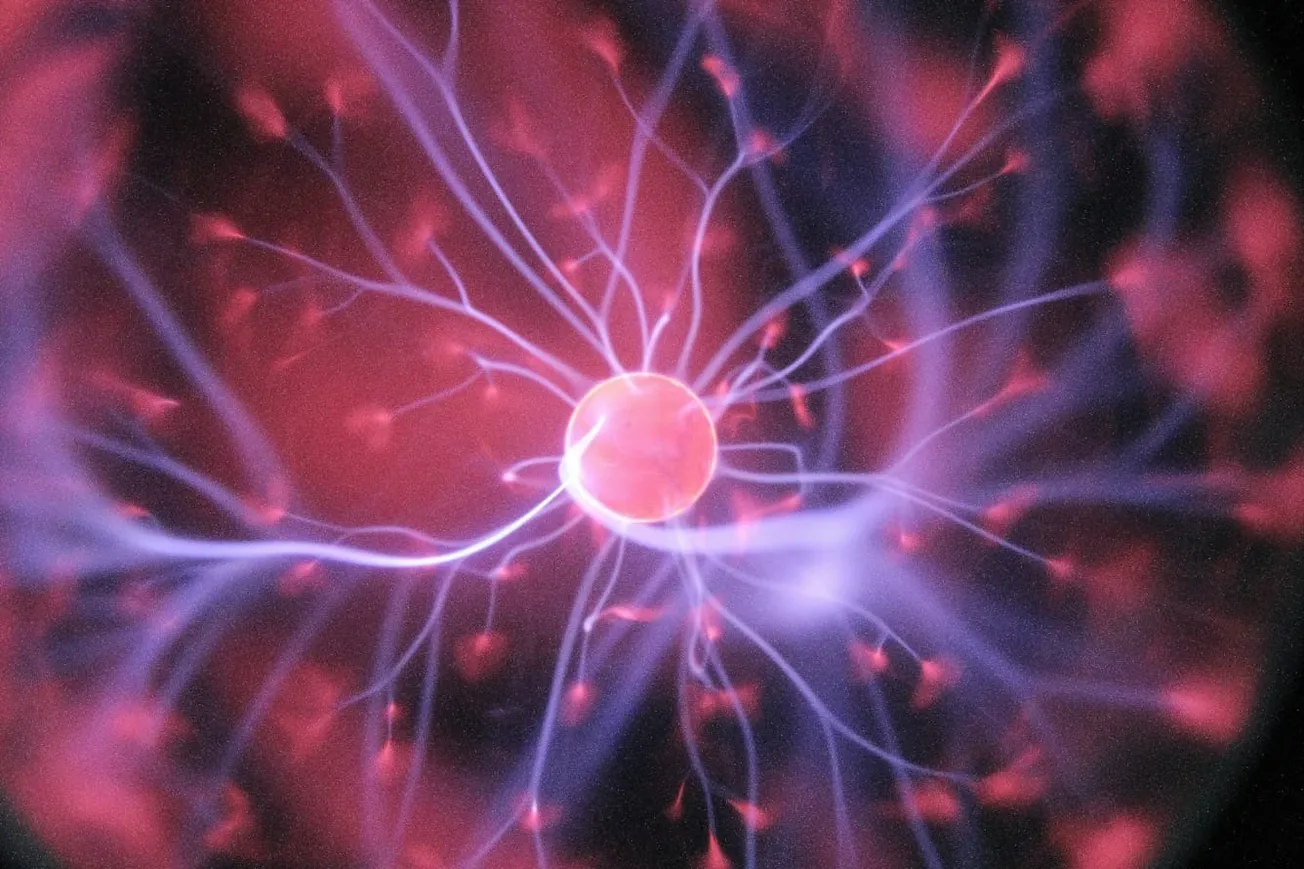Thirty years ago, on Christmas Day, people watched with fascinated trepidation and glee as the world's largest nation, a communist one, at that, crumbled.
The Union of Soviet Socialist Republic then spread across Eastern Europe and northern Asia. The empire was only a tad smaller in land area than the North American continent and stretched across eleven time zones. The country bordered by the Atlantic, the Pacific, and the Arctic oceans held large deposits of oil, natural gas, coal, iron ore, timber, gold, manganese, lead, zinc, nickel, mercury, potash, phosphates, and most strategic minerals.
Though rich in resources and the most populous country globally, USSR struggled to stay afloat, following a bitter Cold War with the West.









